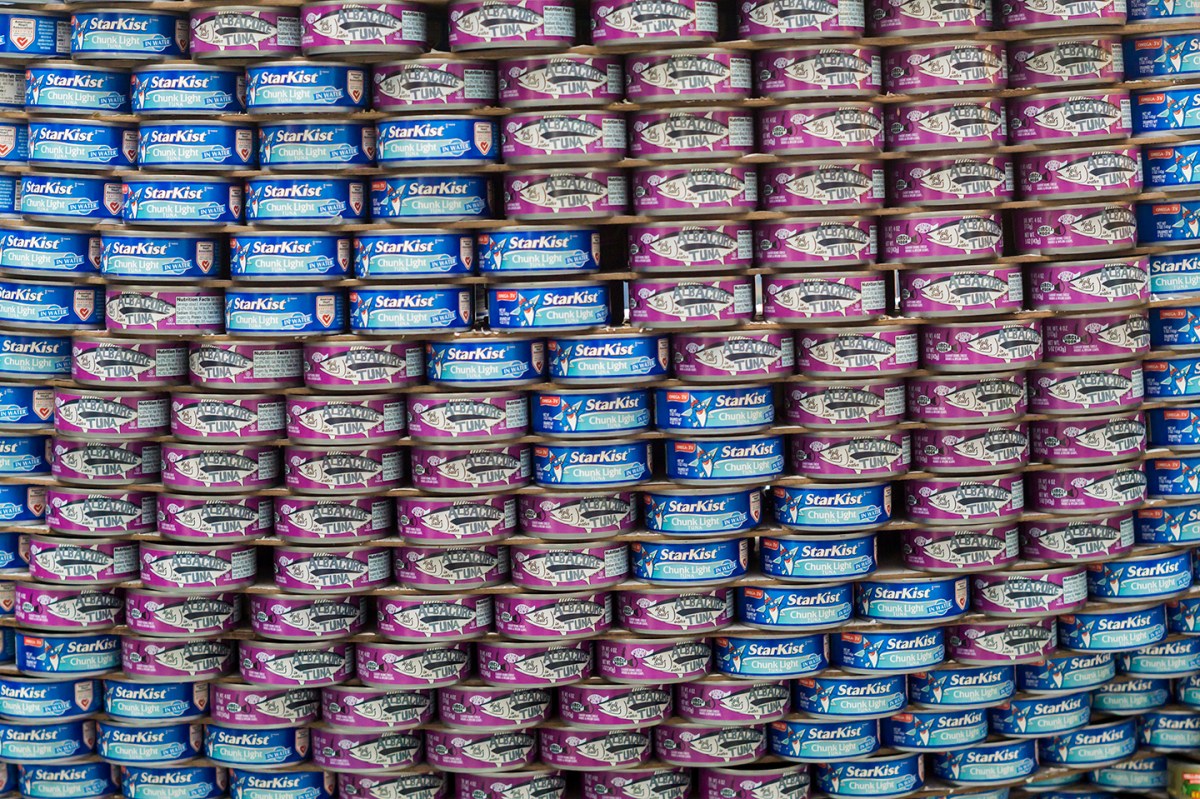The latest thing that millennials are being blamed for destroying: Canned tuna. A recent Wall Street Journal article claimed that Generation Y is, yet again, killing off another product/industry/company. How did they do it this time? Oops, they forgot to buy can openers!
“Many [millennials] can’t be bothered to open and drain the cans, or fetch utensils and dishes to eat the tuna. A lot of millennials don’t even own can openers,” claimed Andy Mecs, vice president of marketing and innovation for the Pittsburgh-based StarKist brand.
The article went viral and millennials on Twitter spoke out:
Millennials: we’ll eat more tuna if you stop killing dolphins and do something mercury levels.
Big Tuna: Millennials don’t own can openers pic.twitter.com/yuai5v9vJe— Brianna Bailey (@briOKC) December 4, 2018
OR young people are done with eating fish from a can….. just maybe…
— Pager Stoyanovich (@FreddyBricks) December 6, 2018
One millennial tweeted about her loved of canned tuna and that she owns THREE can openers:
I LOVE TUNA AND I OWN THREE CAN OPENERS https://t.co/Mf5Qf9mDP8
— Katy Bergen (@KatyBergen) December 4, 2018
This is far from the first time millennials have “destroyed” an industry or product. Napkins, department stores, toy stores, cereal, mayonnaise, and even savings accounts: all are allegedly suffering because of the youngest wave of adults in the workforce. But dig a little beyond the scapegoating and you find many other reasons other than generational laziness or selfishness.
“These shaming trend stories seem to cater primarily to Baby Boomers who still believe they simply worked harder and prioritized their spending better than their millennial offspring have, and so were able to afford houses, cars, and diamond engagement rings earlier in life. Is the collective schadenfreude induced by millennial panic stories a coping mechanism for generational guilt over leaving a worse-off economy and world for us to inherit? If so, please stop; we’ve got enough anxiety as is,” Rachel Leah wrote in an article for Salon.
The current state of the economy had to be created somehow, millennials can’t be blamed for situations that developed over time while they were in diapers.
“Healthcare, housing and education are more than five times more expensive than they were for our parents,” NPR’s Lulu Garcia-Navarro noted. “There are fewer steady jobs. Wages have stagnated since the 1970s. I mean, I can go on and on and on. And so its weird that we’re constantly talking about how millennials should do this differently, and millennials should do that differently. But we don’t talk that much about, hey, the country around us can do some things differently, too.”
Thanks for reading InsideHook. Sign up for our daily newsletter and be in the know.


















